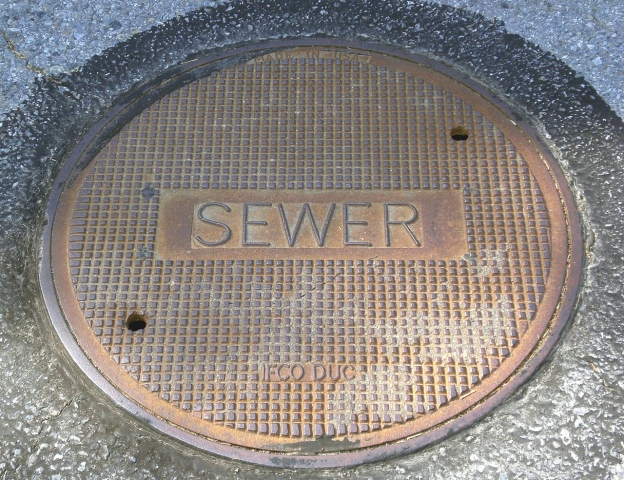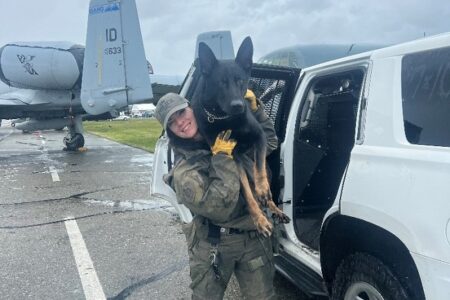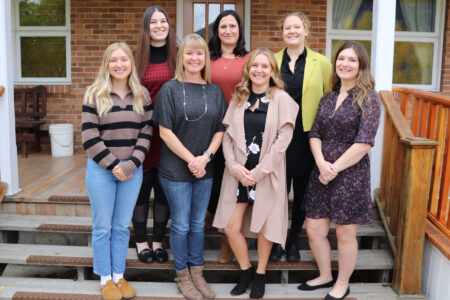ANALYSIS of the ANALYSIS: A different view
The recent “analysis” of the new Liquid Waste Management agreement by Mr. Maturo does not mention that the percentage increases agreed to by Rossland and Warfield are an interim measure for 2014 and 2015. These payments will be reduced or increased retroactively, as the case maybe, on the basis of measured flows obtained during those two years.
The most important part of the interim sewage agreement is that in the future, the amount paid by each municipality towards the cost of the regionally-operated sewage service will be based on measured sewage flows; i.e. a user pay system that rewards those who reduce their flows through water conservation efforts and Inflow and Infiltration (I&I) reduction projects and penalises those who don’t.
How can an investment by Rossland in water reduction or I&I reduction be “stranded” as suggested by Mr. Maturo? If these efforts have indeed resulted in reduced flows this will be reflected in the retroactive adjustment of payments for 2014 and 2015 and in future years beyond. If other municipalities do nothing to reduce their flows they will pay more. It’s that simple! Whether or not these reductions result in any payback is another question.
The wrangling between Trail, Warfield and Rossland over the sewer service agreement has gone on for about seven years without resolution. An independent mediator failed to get the three parties to agree and the dispute was scheduled for binding arbitration with the arbitrator’s decision being final.
If the City of Rossland had argued for retention of the current percentage (20.9%) or a reduction in percentage as suggested by Mr. Maturo, it seems highly improbable to me that Trail would have even come to the negotiating table. A compromise was needed to get an agreement and any perceived inequities in the agreed percentages should be taken care of in the retroactive adjustment after realistic measured flow data is available.
With reference to Mr. Maturo’s comment that the agreement fails to “untangle” inequities due to the system being used by Warfield and Trail as part of their sewage collection, an attempt has been made to rectify this by agreeing that the costs for operating and maintaining any part of the system used by only one municipality will be paid by that municipality. On this principle Rossland will assume cost for the interceptor line to Warfield and Trail should assume costs associated with the Sunningdale interceptor, two pump stations and the sewer line through Tadanac and TECK. In a similar way any part of the system used by two of the three municipalities will be paid by the two on the basis of measured flows. This is not mentioned in the “analysis” by Mr. Maturo and yet it seems like an attempt to “untangle” what he takes issue with!
Rossland Council deserves credit for reaching a negotiated settlement and avoiding binding arbitration. In my opinion, if the City of Rossland had tried to introduce and negotiate all the complexities suggested by Mr. Maturo, there would be no agreement and all parties would have had to abide by an arbitrator’s final decision … for better or worse.
One final note; I’ve heard that this agreement has resulted in “thawed” relationships between the Cities of Rossland and Trail. This can only be of immeasurable value considering the poor state of the relationship over the past few years.
Ken Holmes lives in Rossland.

























